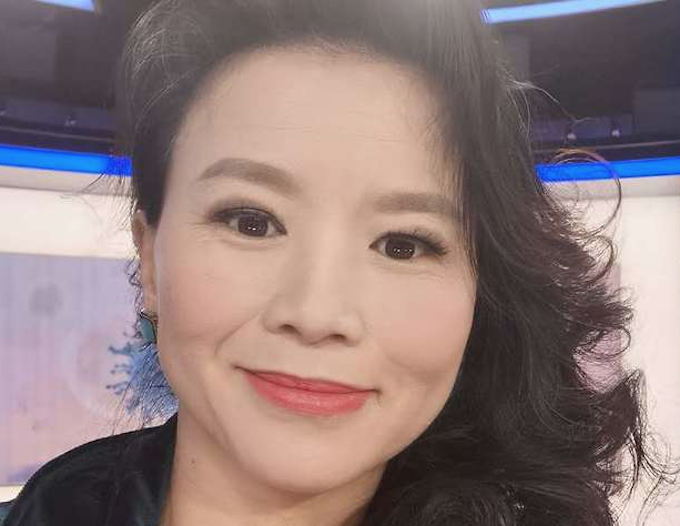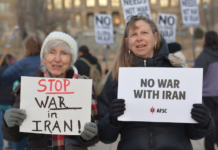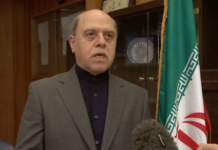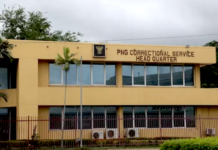
Pacific Media Watch Newsdesk
The Brisbane-based Alliance for Journalists’ Freedom calls for Chinese authorities to provide due process to Australian television journalist Cheng Lei and release her immediately pending any judicial proceedings – in line with the International Covenant on Civil and Political Rights (which China has signed).
It has also called on the authorities in China to ensure that any judicial proceedings follow due process, reports the AJF.
On Monday, Foreign Minister Marise Payne confirmed that her department had been told on August 14 of Cheng’s detention in Beijing.
According to the ABC, she is being held under what is known as “residential surveillance at a designated location”.
In effect, she has been imprisoned without charge and under Chinese law could remain there for up to six months without access to lawyers or her family.
AJF spokesman Professor Peter Greste said: “We are deeply troubled by Cheng Lei’s unjustified detention. Nothing in her life suggests she is a spy, a terrorist or a criminal of any sort.
“In the absence of evidence, the only conclusion we can come to is that she is being used as a hostage in a wider diplomatic spat between Australia and China, or perhaps because of some critical comments she may have made.
‘Simply unacceptable’
“Either way, it is simply unacceptable.
“Her detention without charge sends a very clear message to the rest of the world and the media community in particular – that China has little respect for the role of journalists in public debate and seems willing to use high profile figures for political and diplomatic
leverage.”
Cheng was born in China but grew up in Australia and studied at the University of Queensland. For the past eight years, she has worked as an on-air anchor and reporter for the English-language TV news service, CGTN.
Since her detention, her profile has disappeared from the network’s website and her videos have been taken down.
In a video released by the Australian Global Alumni, an international relations initiative by the Department of Foreign Affairs and Trade, Cheng said: “The beauty of an Australian education is more about what it doesn’t teach.
“It doesn’t teach you to just follow orders.
‘Freedom to think’
“It allows you that freedom to think for yourself, to question even textbooks, even professors, to judge for yourself, which is critical in journalism.”
The AJF believes that a free, vibrant media benefits everyone apart from those with things to hide, and is fundamental to any functioning society regardless of its political system.
The AJF campaigns for legislative reform and the freedom of journalists across the Asia-Pacific region.
In Auckland, Pacific Media Watch convenor Professor David Robie said the detention of high profile Australian television anchor Cheng Lei sent a “chilling” message to journalists in Australia, New Zealand and the Pacific over the lengths China was prepared to go to silence dissent.
Lei is reported to have authored or shared Facebook posts in February critical of the cover-up of the Wuhan covid-19 outbreak.
However, working for the state-run global network CGTN her reports have generally been regarded as celebratory of Chinese achievements and commentators have described her as an important “media bridge” between Australia and China.
“While citizen journalists regarded as critics were arrested earlier in the year, this latest move represents an attack on a major media icon highly respected in Australia and China for her work,” said Dr Robie.
“It is a reprehensible act. She should be allowed legal assistance and she must be released.”
Dr Robie said it was also a worrying development for Pacific journalists in the wake of behind-the-scenes efforts at censorship of sensitive information, especially at the time of the Asia-Pacific Economic Cooperation (APEC) conference in Port Moresby in late 2018.
Professor Peter Greste is a director of the AJF and is UNESCO chair in journalism and communication at the University of Queensland.












































